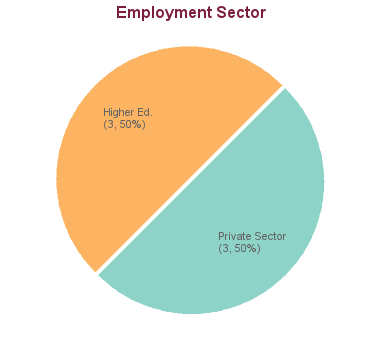Overview
The D.M.A. program is designed for performers who have already reached a high level of proficiency and artistry in their fields and who may wish to teach at the university level. This program offers an opportunity to bring creative and performance achievement to a high level while enriching individual backgrounds with academic studies, including specialized training in music history and theory, and other areas. Candidates in music performance are expected to pursue supplementary individual projects in performance practice and music literature. Studies in music theory and music history are included.
What makes the program unique?
UBC’s DMA Orchestral Instrument Performance degree program is distinguished by its outstanding faculty performers who play in the Vancouver Symphony, Vancouver Opera Orchestra, National Broadcast Orchestra, Standing Wave, Turning Point Ensemble, and enjoy successful careers as solo recording artists and entrepreneurs.
Students enjoy the opportunity to study with passionate teachers who care a great deal about their students. The School of Music also provides many master classes with internationally renowned guest artists and ample playing opportunities in ensembles of the highest calibre.
The main focus is to allow each student to progress to the apex of their performance potential, and admission is selective and enrollment limited so that all students are allowed ample performance opportunities to do so.
Orchestral Instrument Performance students perform in the Symphonic Wind Ensemble, Concert Winds, Symphony Orchestra, and Jazz Bands, and participate in numerous chamber ensembles and opera productions annually. While in residence at UBC, students are placed in various large ensembles throughout each season so that all students receive training in various repertoires under multiple conductors.
In addition, opportunities for performances in regional community, youth, and professional ensembles — such as the Vancouver Academy Orchestra, Pacific Symphonic Wind Ensemble, Vancouver Youth Symphony Orchestra, Kamloops Symphony, Vancouver Island Symphony, 15th Field Army Band, and many other Vancouver area ensembles — make the UBC School of Music a great place for practical experience in the freelance and community music scene.
Quick Facts
Program Enquiries
Contact the program
Supervisor Search
Departments/Programs may update graduate degree program details through the Faculty & Staff portal. To update contact details for application inquiries, please use this form.





